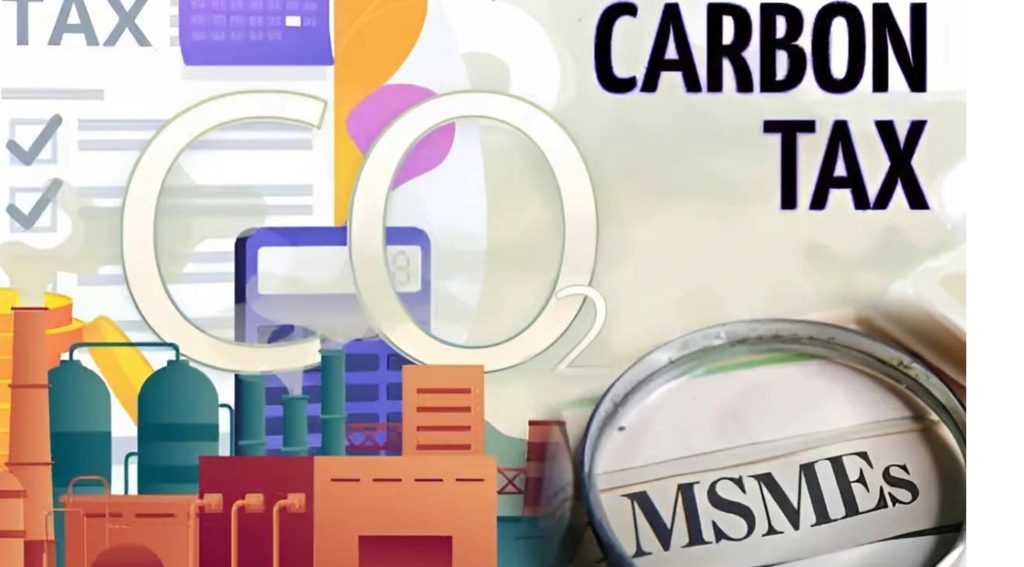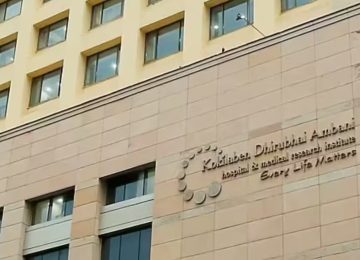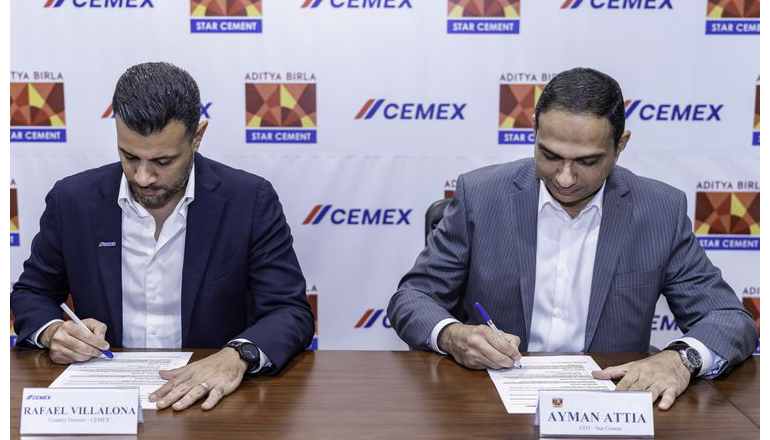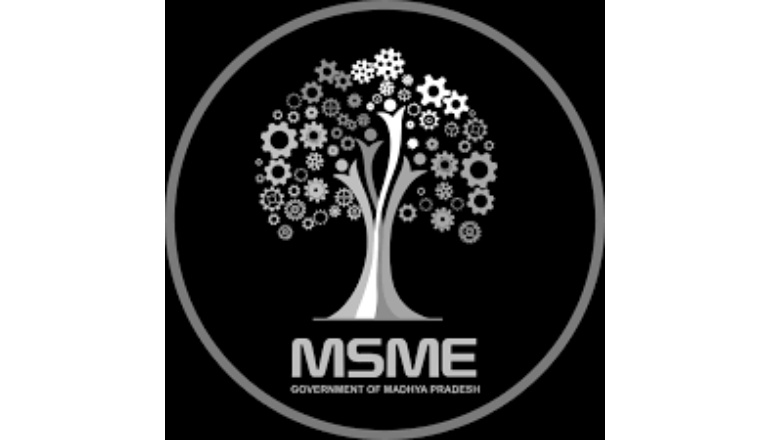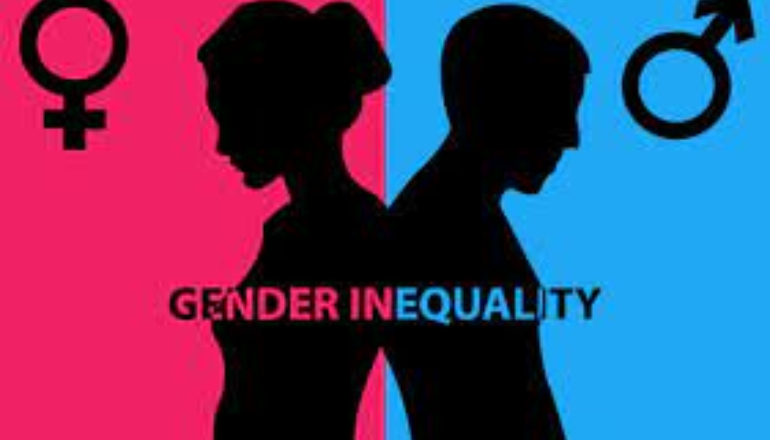The Engineering Export Promotion Council of India or EEPC has sought a three-year moratorium for Indian MSMEs from the European Union’s (EU) Carbon Border Adjustment Mechanism (CBAM).
This would delay the impact of the carbon tax, that takes effect in January 2026.
EEPC India Chairman Pankaj Chadha made a direct appeal during his address at the EEPC India National Awards. His core message focused on protecting MSMEs. He urged the Ministry of Commerce and Industry to advocate for this moratorium. This is vital during ongoing trade talks with the EU. He stressed that MSMEs need time to adapt. They must prepare for CBAM’s requirements.
Chadha prioritized the Indian engineering sector in trade talks with US and Mexico, pushed for local reforms, simplified land acquisition, and repealed the Mathadi Act.
EEPC India Vice Chairman Aakash Shah said that the new Free Trade Agreements (FTAs) and the potential US Bilateral Trade Agreement will create new opportunities.
According to the council, India’s engineering exports were strong in FY 2022-23. They reached $107 billion. This formed nearly 24% of the country’s total merchandise exports.
Backdrop: Impact of CBAM on Indian MSMEs:
CBAM poses significant challenges to the Indian MSME segment. The EU carbon tax targets imports of carbon-intensive goods. These include steel, cement, and aluminum.
Many Indian MSMEs are active in these sectors. CBAM’s aim is to prevent industries from relocating to countries with looser environmental regulations (“carbon leakage”).
MSMEs often operate with limited financial and technical resources. They face immense challenges in complying
with CBAM. They must accurately measure and report their embedded carbon emissions. This requires new systems
and expertise.
Without a moratorium, many MSMEs risk immediate cost increases. This could make their products uncompetitive in the European market. Such a situation would severely impact their export revenues. It could even lead to business closures.
Our take:
The Indian government is engaging with the EU to mitigate CBAM’s harsh impacts on these vital enterprises.
The suggested three-year moratorium would provide crucial time. It would allow MSMEs to invest in cleaner technologies. They could also develop necessary reporting mechanisms. This period is essential for them to remain viable in the
EU market.


